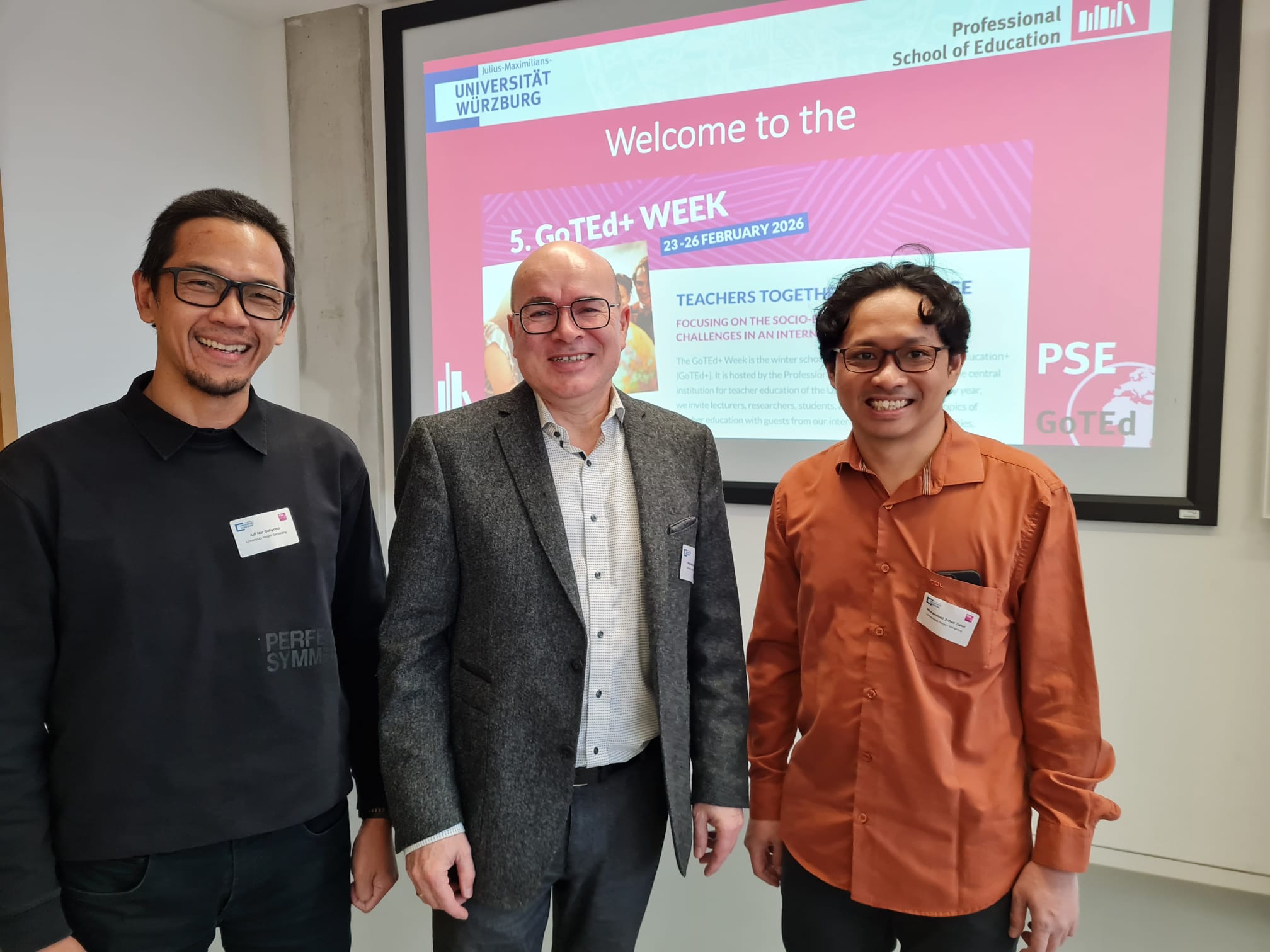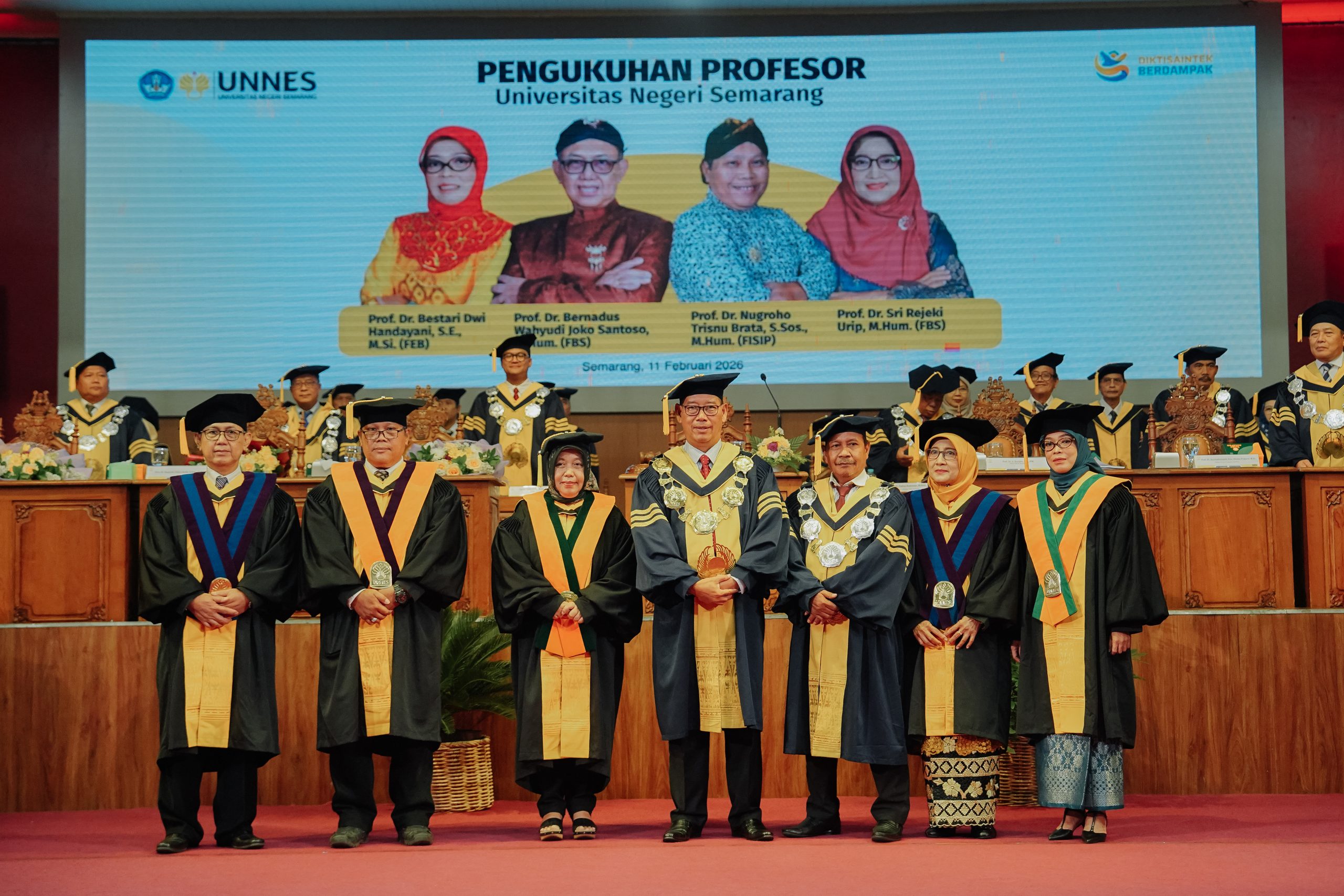McKinsey & Co recently published a report entitled “Automation and the future of work in Indonesia: jobs lost, jobs gained, jobs changed” in September 2019. In the report, the world’s leading consulting management firm projects that as many as 23 million jobs will be replaced. with rapid automation in various sectors.
In general, public discussion about the impact of automation in Indonesia still focuses on the risks to the future of jobs, the shift in job types, and the opportunities and challenges of automation. So, what is the role of the university in responding to the transformation of the times that are very fast and disruptive?
Universities are required to keep up with the fast-changing times by making various innovative breakthroughs. In some of them, universities are expected to play an active role by creating a relevant curriculum that not only prepares students for the types of jobs today, but also in predicting what jobs will be in the future. Furthermore, universities also need to facilitate the mastery of student knowledge and skills in the midst of the uncertain economic and social context that occurs globally and prepare their graduates to keep up with the times to always improve their competence.
Furthermore, David Staley in his work entitled Alternative Universities: Speculative Design for Innovation in Higher Education (2019), proposes a new model that can be considered by universities in facing the changing times that are so fast and dynamic, namely the Polymath University model. This model recommends students to be able to take several elective courses across majors of interest such as accounting, mathematics, sociology, which essentially prepares them to face the fierce competition in the world of work that requires cross-knowledge knowledge.
Such as the efforts made by Western Sydney University by developing an interdisciplinary course called “21st Century Specialization”. This course is intended to provide students with space to acquire complex knowledge and skills to respond to changing times with technological, economic, and social policies. One example of this new multi-disciplinary course is Social Technology, which teaches concrete training in technical skills related to the implications of modern technology and the ethics of its use for all students both in the exact sciences and social and humanities majors.
In addition, there is another model, the Interface University model, which focuses on the involvement of artificial intelligence in teaching and learning interactions between lecturers and students. World-leading universities such as the University of California Berkeley, accommodate this idea by integrating a multidisciplinary skill called “full-stack quant.” For example, students majoring in business are required to have integrative skills consisting of basic knowledge of banking, accounting, and technology such as coding, blockchain technology, artificial intelligence in facing the massive pace of digital financial technology.
At Macquarie University where I am currently studying, also recently implemented a new curriculum called MQ2020. This curriculum has special characteristics with an emphasis on ‘Personalized Study Plans’. This means that students have loose flexibility in choosing elective courses across majors according to their respective interests with a learning model that can be accessed both online and face-to-face in class.
In this new curriculum, a new grading system was also introduced by no longer using the Grade Point Average (GPA) as an indicator of learning outcomes but using a Weighted Average Mark (WAM) which reflects a more accurate representation of values from the achievement of student learning outcomes. In this WAM system, students’ actual scores are used, for example 56, 65, 75, 90, and so on. Meanwhile, GPA is based on grouping of values, namely A, AB, B, BC, C, CD, D, E which have a range of values in each category. For example, students get a score of 86, in the calculation of the GPA they will get an A with a weight of 4.00 but other students who get a score of 97 will also get an A with a weight of 4.00.
Of course, this assessment is not an accurate reflection of the achievement of student learning outcomes that are increasingly competitive in getting jobs. Although, there are still other significant things to get a job such as internship experience, organization, non-academic achievement, personality, and others. However, achieving accurate learning outcomes is very important and is considered fairer to the hard work of students in following the teaching and learning process.
Apprenticeship programs that are more relevant to changes in the rapidly changing industrial ecosystem are also an important factor in preparing students to be ready to work in the era of automation. Universities should be actively involved in building the framework for future skills in the industrial policy agenda. With the harmonization of perspectives between universities and industry, the apprenticeship program undertaken by students can really provide positive benefits as a way to prepare students for the world of work. Universities also benefit from using the company’s state-of-the-art facilities to test practical applications and companies benefit from obtaining up-to-date knowledge from students doing internships in their respective fields.
It takes cooperation from all stakeholders, from related ministries, universities, lecturers, staff, students, and the wider community to be able to prepare university graduates who are ready to work in this challenging era. With strong cooperation between stakeholders, university graduates in Indonesia will be able to become reliable players in an era of automation that provides millions of opportunities.
Sandy Arief, Lecturer at the Department of Economics Education, Faculty of Economics, Doctor of Accounting and Corporate Governance and Research Assistant at Macquarie Business School, Macquarie University, Sydney, Australia.



